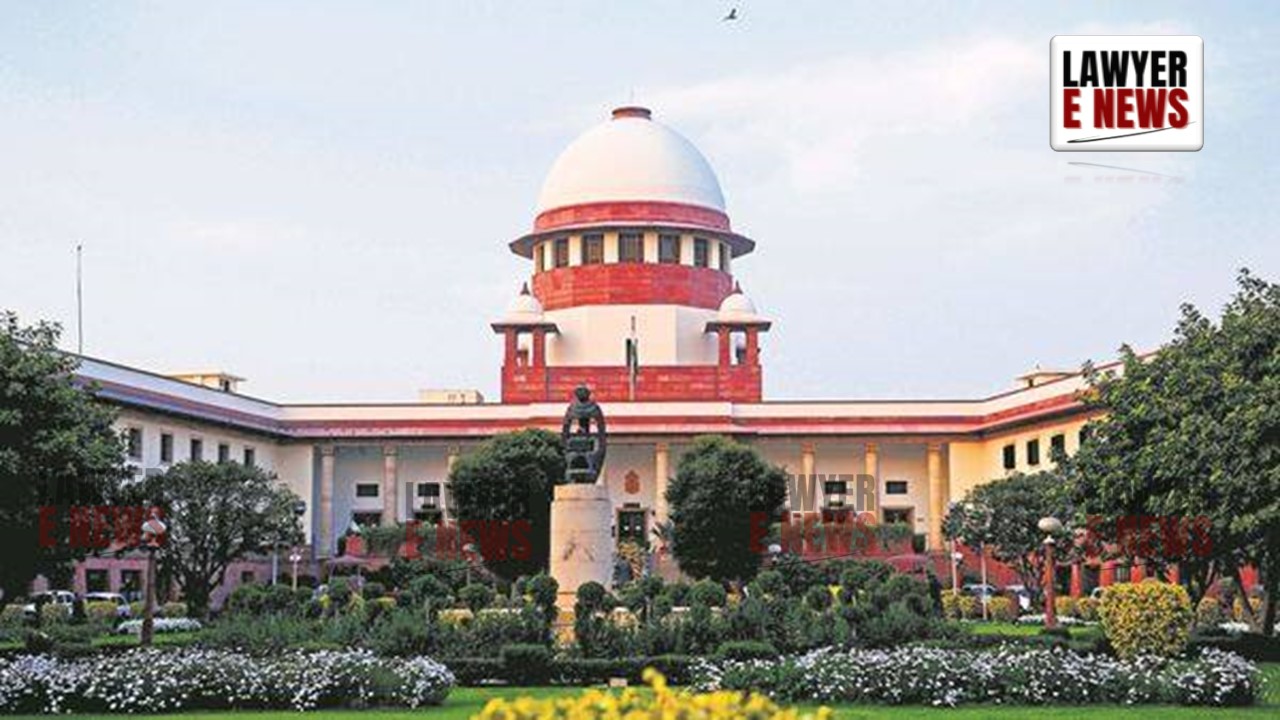-
by Admin
15 February 2026 5:35 AM



On September 13, 2024, the Supreme Court of India delivered a significant ruling in the case of Kukreja Construction Company & Others v. State of Maharashtra & Others. The case addressed the retrospective application of the 2016 amendment to the Development Control Regulations (DCR) for Greater Bombay and its impact on the vested rights of landowners to additional Transferable Development Rights (TDR) or Floor Space Index (FSI). The court ruled that the 2016 amendment could not be applied retrospectively to nullify the appellants' vested rights, thereby affirming their entitlement to additional TDR/FSI as per the unamended regulations.
The appellants, who owned plots reserved under the development plan for public purposes, had surrendered these lands to the Municipal Corporation and constructed Development Plan (DP) Roads at their own cost. They sought additional TDR/FSI based on the Supreme Court's ruling in Godrej & Boyce Manufacturing Company Limited v. State of Maharashtra. The Municipal Corporation and the State of Maharashtra argued that the 2016 amendment to Regulation 34 of the DCR did not have a retrospective effect, thereby affecting the appellants' claims. The Bombay High Court dismissed the appellants' claims on the grounds of delay and laches, leading to this appeal in the Supreme Court.
Whether the High Court was right in denying relief to the appellants based on delay and laches.
Whether the 2016 amendment to the DCR could be applied retrospectively to affect the appellants' vested rights.
What the appropriate order should be in the context of these findings.
The relevant statutes included the Maharashtra Regional and Town Planning Act, 1966 (MRTP Act), and the Development Control Regulations for Greater Bombay, 1991.
The Supreme Court held that the 2016 amendment to Regulation 34 of the DCR could not be applied retrospectively to nullify the appellants' vested rights. The court relied on its previous ruling in Godrej & Boyce I, which laid down the principles for granting TDR/FSI. It stated that once vested rights are acquired under the law, subsequent amendments cannot take away these rights retrospectively unless specifically mentioned. The appellants were entitled to TDR/FSI as per the unamended regulations.
The Supreme Court set aside the High Court's dismissal of the writ petitions on the ground of delay and laches. It emphasized that compensation for landowners, especially in cases of public acquisition, is a constitutional right. The court quoted, "Mere passage of time does not extinguish the landowners' rights." It further held that the Municipal Corporation, as the custodian of public interests, cannot deny compensation without establishing substantial change in circumstances or prejudice caused due to the delay.
The Supreme Court reiterated the scheme of development rights under the MRTP Act as clarified in Godrej & Boyce I. The MRTP Act allows for three modes of acquisition for public purposes: by agreement, by granting FSI or TDR, or by acquisition under the Right to Fair Compensation and Transparency in Land Acquisition, Rehabilitation, and Resettlement Act, 2013. It confirmed that granting TDR/FSI under Regulation 34 was consistent with the MRTP Act, and the 2016 amendment did not alter this established legal position.
The Supreme Court partially allowed the appeals, affirming the appellants' entitlement to additional TDR/FSI as per the unamended regulations. The court directed the Mumbai Municipal Corporation to consider each appellant's case on its merits and release the balance FSI/TDR within three months. The court also dismissed the appeals filed by the Mumbai Municipal Corporation, holding that the High Court's decision was incorrect in dismissing the writ petitions on grounds of delay and laches.
Date of Decision: September 13, 2024
Kukreja Construction Company & Others v. State of Maharashtra & Others
